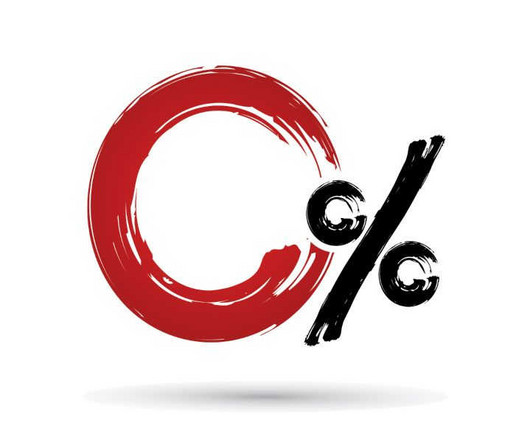Fair Market Value and the Nonexistent Marketability Discount for Controlling Interests
Chris Mercer
MARCH 8, 2023
This post provides a discussion of several implications of the definition of the standard of value known as fair market value. We focus first on the definition of fair market value. We then look at the implications for the so-called “marketability discount for controlling interests.”












Let's personalize your content